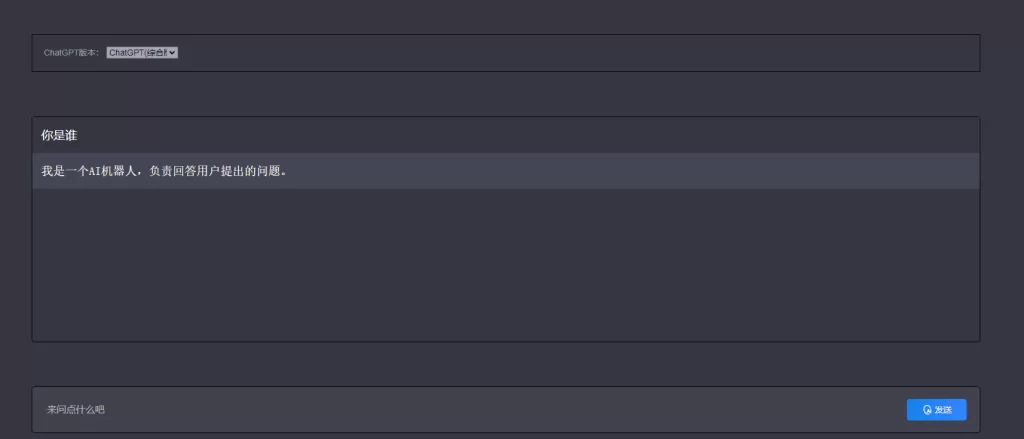![图片[1]-nginx扩展 OpenResty 实现防cc攻击教程-北冥博客](https://ss3.bdstatic.com/70cFv8Sh_Q1YnxGkpoWK1HF6hhy/it/u=111421325,1921176874&fm=26&gp=0.jpg)
使用openresty来实现防cc攻击的功能。openresty官网http://openresty.org/cn/index.html。下面是防cc攻击的流程图。 根据流程图,我们知道防cc攻击主要包括两部分,一是限制请求速度,二是给用户发送js跳转代码进行验证请求是否合法。
安装依赖
RHEL/Centos:
yum install readline-devel pcre-devel openssl-devel
ubuntu:
apt-get install libreadline-dev libncurses5-dev libpcre3-dev libssl-dev perlluajit安装
cd /tmp/
git clone http://luajit.org/git/luajit-2.0.git
cd luajit-2.0/
make && make install
ln -sf luajit-2.0.0-beta10 /usr/local/bin/luajit
ln -sf /usr/local/lib/libluajit-5.1.so.2 /usr/lib/openresty安装
cd /tmp
get http://agentzh.org/misc/nginx/ngx_openresty-1.2.4.13.tar.gz
tar xzf ngx_openresty-1.2.4.13.tar.gz
cd ngx_openresty-1.2.4.13/
./configure --prefix=/usr/local/openresty --with-luajit
make && make installNginx配置
nginx.conf:
http{
[......]
lua_shared_dict limit 10m;
lua_shared_dict jsjump 10m;
server {
#lua_code_cache off;
listen 80;
server_name www.centos.bz;
location / {
default_type text/html;
content_by_lua_file "/usr/local/openresty/nginx/conf/lua";
}
location @cc {
internal;
root html;
index index.html index.htm;
}
}
}
/usr/local/openresty/nginx/conf/lua文件:
local ip = ngx.var.binary_remote_addr
local limit = ngx.shared.limit
local req,_=limit:get(ip)
if req then
if req > 20 then
ngx.exit(503)
else
limit:incr(ip,1)
end
else
limit:set(ip,1,10)
end
local jsjump = ngx.shared.jsjump
local uri = ngx.var.request_uri
local jspara,flags=jsjump:get(ip)
local args = ngx.req.get_uri_args()
if jspara then
if flags then
ngx.exec("@cc")
else
local p_jskey=''
if args["jskey"] and type(args["jskey"])=='table' then
p_jskey=args["jskey"][table.getn(args["jskey"])]
else
p_jskey=args["jskey"]
end
if p_jskey and p_jskey==tostring(jspara) then
jsjump:set(ip,jspara,3600,1)
ngx.exec("@cc")
else
local url=''
if ngx.var.args then
url=ngx.var.scheme.."://"..ngx.var.host..uri.."&jskey="..jspara
else
url=ngx.var.scheme.."://"..ngx.var.host..uri.."?jskey="..jspara
end
local jscode="window.location.href='"..url.."';"
ngx.say(jscode)
end
end
else
math.randomseed( os.time() );
local random=math.random(100000,999999)
jsjump:set(ip,random,60)
local url=''
if ngx.var.args then
url=ngx.var.scheme.."://"..ngx.var.host..uri.."&jskey="..random
else
url=ngx.var.scheme.."://"..ngx.var.host..uri.."?jskey="..random
end
local jscode="window.location.href='"..url.."';"
ngx.say(jscode)
end最后
lua代码部分解释
1、1-12行是限速功能实现,第5和第10行表示10秒钟内容最多只能请求20次。
2、14-48行是验证部分,24行中的3600表示验证通过后,白名单时间为3600秒,即1小时。
温馨提示:本文最后更新于
2021-11-18,若文件或内容有错误或已失效,请在下方留言。© 版权声明
文章版权归作者所有,未经允许请勿转载。
THE END





















暂无评论内容